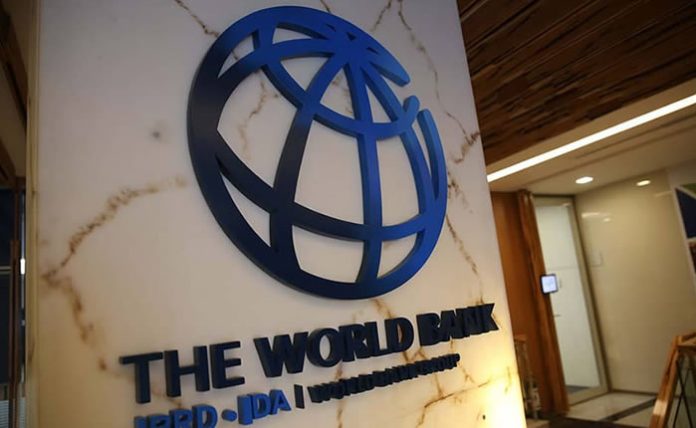The World Bank has identified the Nigerian naira as one of the poorest-performing currencies in Africa, having weakened by approximately 40 percent against the US dollar since a mid-June devaluation.
This assessment was made in the World Bank’s report titled “Africa’s Pulse: An analysis of issues shaping Africa’s economic future (October 2023 | Volume 28).”
Naira and Kwanza
According to the report, the Nigerian naira, along with the Angolan kwanza, has seen a year-to-date depreciation of nearly 40 percent.
The naira’s depreciation was attributed to the central bank’s decision to remove trading restrictions on the official market.
As for the kwanza, it was impacted by the central bank’s decision to stop defending the currency due to low oil prices and increased debt payments.
Additionally, the report highlighted other African currencies that have experienced significant losses in 2023, including South Sudan (33 percent), Burundi (27 percent), the Democratic Republic of Congo (18 percent), Kenya (16 percent), Zambia (12 percent), Ghana (12 percent), and Rwanda (11 percent).
The World Bank also noted that parallel exchange market rates have been exacerbating inflationary issues in some African countries.
In June 2023, the Central Bank of Nigeria directed Deposit Money Banks to remove the rate cap on the naira at the official Investors and Exporters’ window of the foreign exchange market, allowing the free float of the naira against the dollar and other global currencies.
Since then, the naira’s official exchange rate has fallen from N473.83/$ to around N800/$.
The report further highlighted the widening gap between parallel and official exchange rates for the naira, which had persisted from March 2020 until June 2023.
Although the unification and liberalization of exchange rates in June 2023 had temporarily closed the gap, resistance to pressure on the naira, coupled with limited supply of foreign exchange at the official window, led to the reemergence of the parallel market premium.
Regarding Nigeria’s economic growth, the World Bank projected a deceleration from 3.3 percent in 2022 to 2.9 percent in 2023.
The bank cited factors such as Nigeria’s oil production remaining below OPEC+ quotas, capacity issues, lower international oil prices, and policy actions to remove fuel subsidies and unify exchange rates as potential factors weighing on growth.
The report also noted a contraction in Nigeria’s manufacturing and services sectors in August, driven by weak business confidence and rising input costs.

